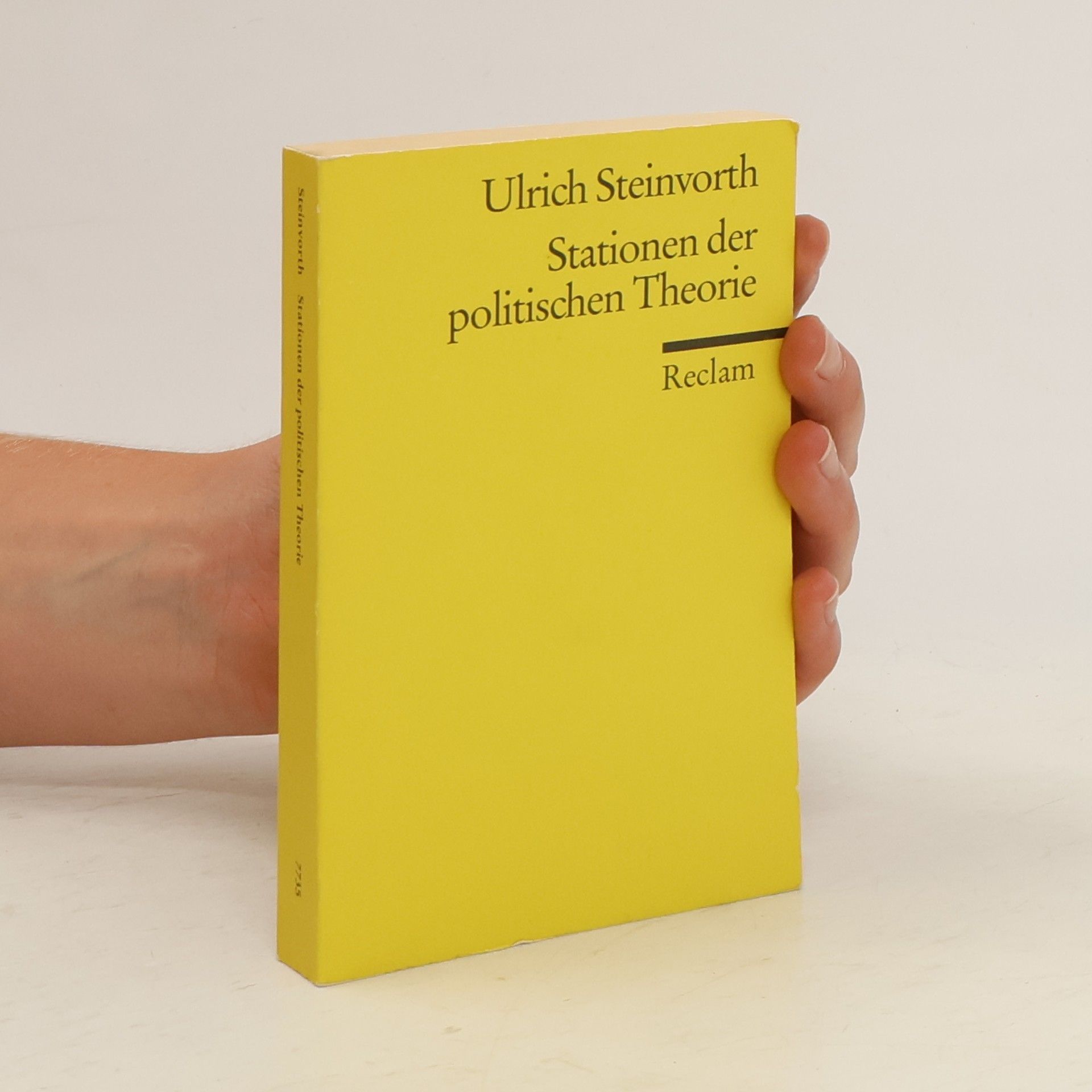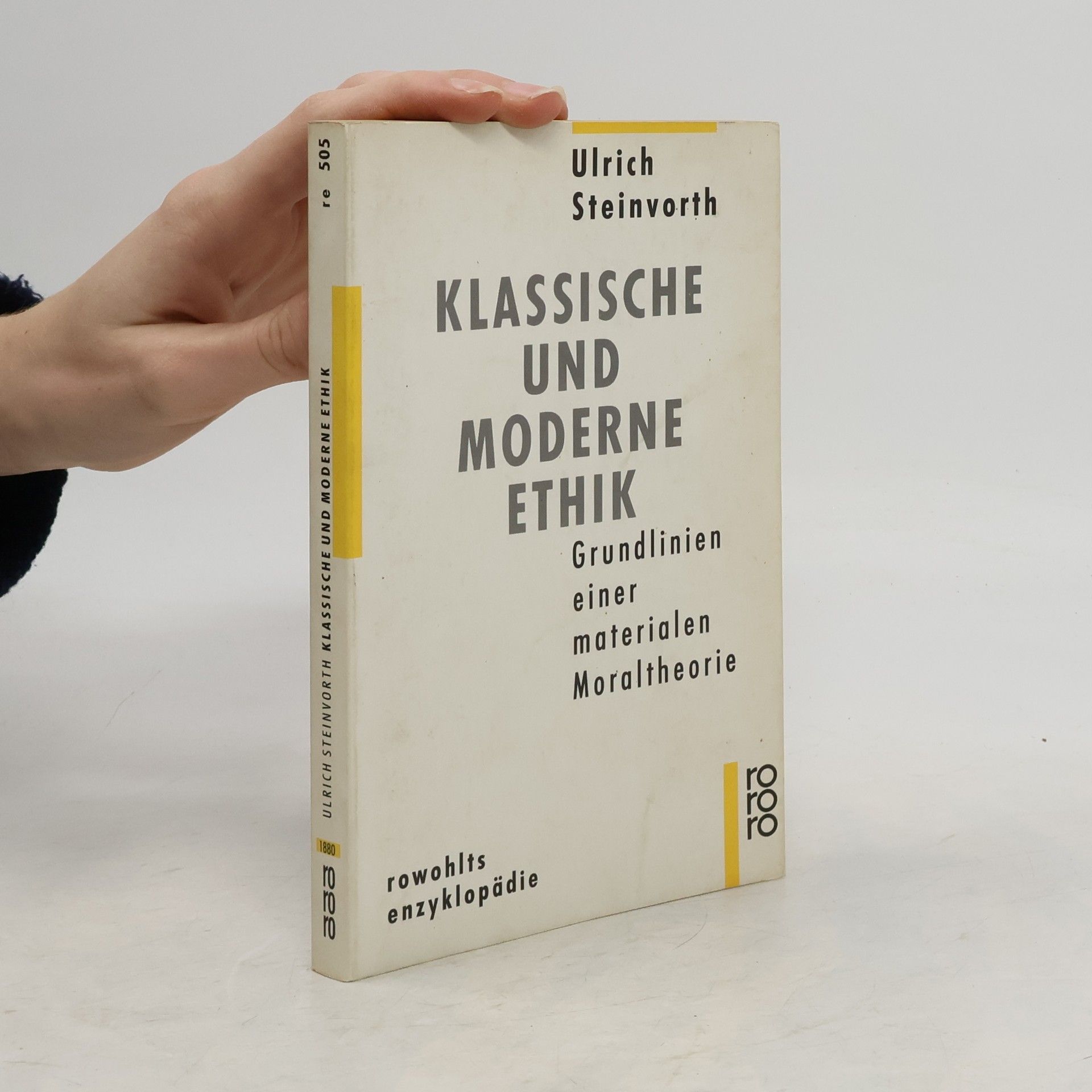A Plea for Naturalistic Metaphysics
Why Analytic Metaphysics is Not Enough
- 104 pages
- 4 hours of reading
The book explores the evolution of analytic philosophy from an anti-metaphysical stance to a proponent of metaphysics, advocating for a synthetic, normative, and naturalistic approach. Steinvorth emphasizes self-regulation as a fundamental aspect of existence, positing that it evolves into self-determination in humans. He engages with complex topics such as free will and teleology, drawing on various fields including cybernetics and cosmology. Additionally, he connects his philosophical insights to the realm of political liberalism, highlighting their broader implications.





